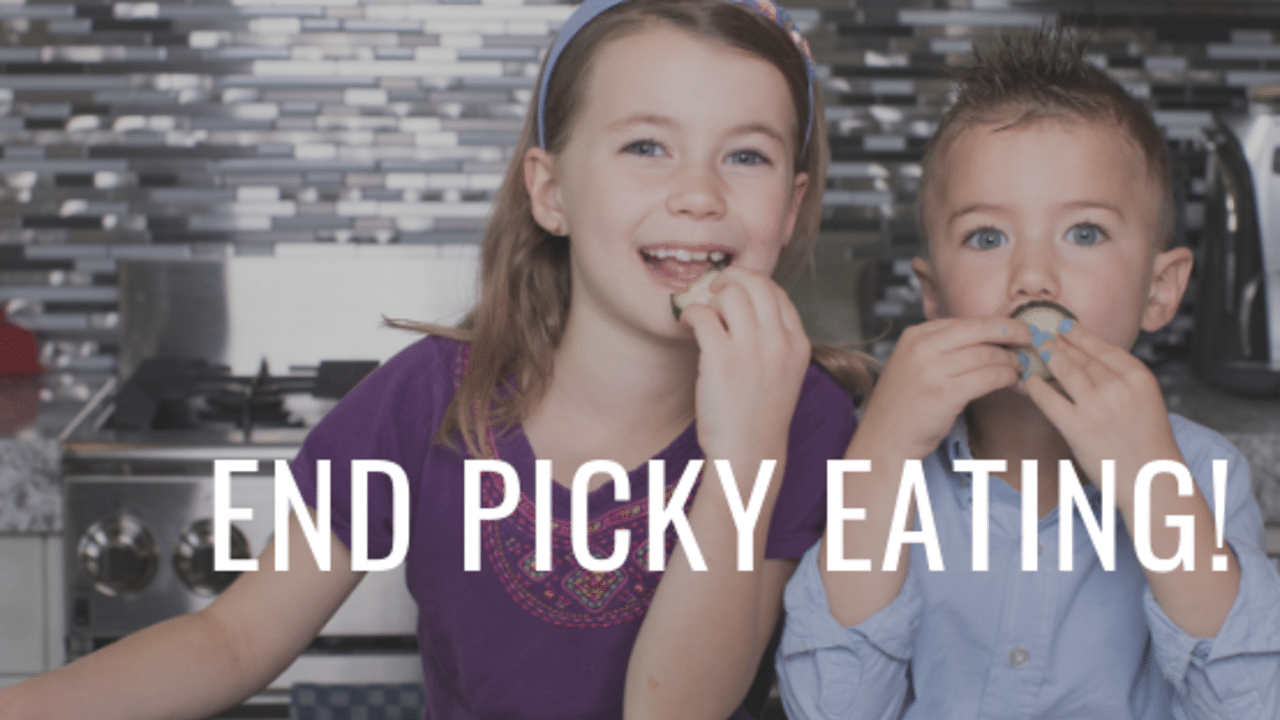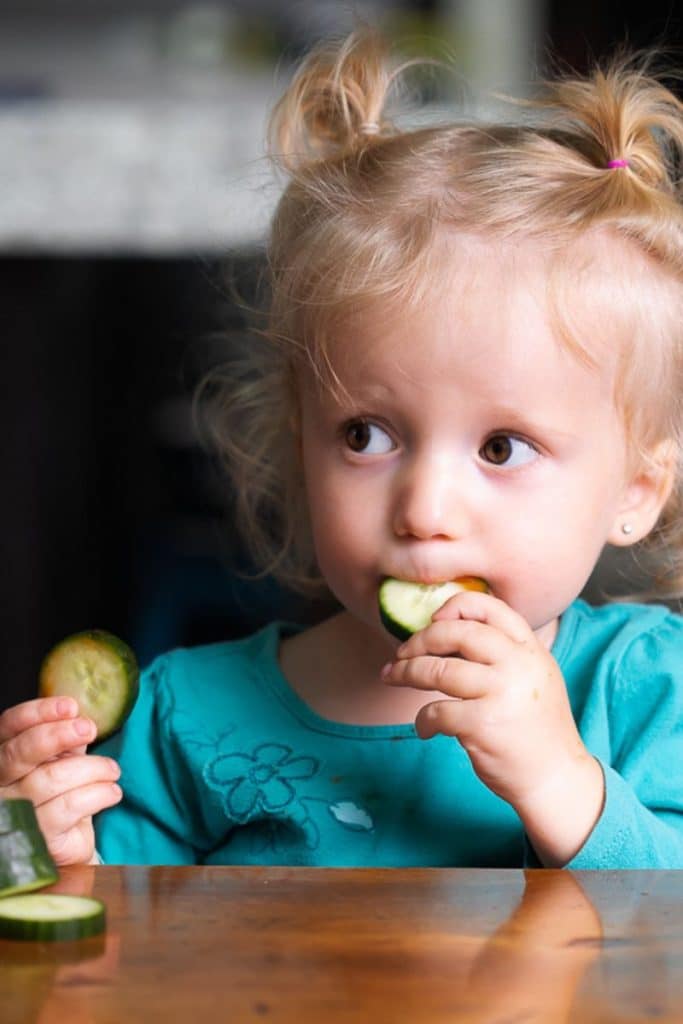
The “No Thank you Bite” for your picky eater: Does it work?
Are you struggling to feed a picky eater at home? And maybe you’ve tried some common tactics like the “no thank you bite,” “three-bite,” or “polite bite” rules.
This means making your child take a bite (or more) of a certain food before they can leave the table, or get dessert or whatever the favourite bribe-du-jour is.
Does this work? Will it get more nutrients into your kids? Will it make them like the food? Becuase how can they possibly know if they like it if they haven’t tasted it, right?!
In this blog, I’ll share my top three reasons why forced eating rules like this do not work and actually backfire.
The forced bites can create a lifelong hatred of the exact food you’re trying to get your child to eat
I know adults who still won’t eat broccoli because their parents always forced them to eat broccoli when they were a kid. Maybe you’ve had this experience, too.
Research backs this up. A study published in Appetite surveyed college kids and found that 69% had been forced to eat food when they were younger. Out of that group, 72% said they would no longer eat that food.
So it can lead to a lifelong rejection of that food.
We all have some food we don’t like. I don’t like stinky cheeses, and I don’t like olives, no matter how many times I try them. My kids all love olives, but they all have certain foods that they don’t like, too. And so will your child. That’s okay!
It messes with your child’s natural hunger-fullness signals
Kids are good at listening to their hunger and fullness signals – if we let them. This is a great skill, and we want them to continue eating for hunger rather than external reasons. Like praise from your parents. Or because you’re forced to!
As you may have noticed, children’s appetites fluctuate regularly. Forcing your child to eat more than they want doesn’t allow them to listen to those internal signals. Don’t train them to overeat.
And maybe your child really isn’t hungry. How do you know that?
Maybe they’re not going through a growth spurt at that point. Or maybe they’ve eaten enough throughout the day to meet their minimal calorie needs.
It’s very normal for kids to eat little to nothing at dinner, even though we have such high expectations.
And stressful meals can mess with an appetite too. If your child knows that dinner will be a fight, they’ll come to the table with high-stress hormones like cortisol. This physiologically will decrease their appetite and, therefore, their weight.
Probably not your goal! Total backfire 🙁
Nobody wins fights over food.
If your child is stubborn, they will not choose to eat more of that food of their own will. They’ll just eat the one bite that you forced them to eat. That’s because they’re stubborn!
If they said, “Ooh, I love these Brussel sprouts. Can I have more?” that would seem like defeat on their part.
Kids have control over very little in their lives. One of the things they do have control over is if they eat. So if they feel that pressure and lack of control, they will try and exert some control. Like by refusing to eat…
As a caveat, the three-bite or one-bite rule might work for some children. If your child tastes the food for the first time, they might decide, “This is yummy. I’m going to eat more of it.”
But most picky eaters are stubborn. Or may physically have difficulty eating if they have oral motor, sensory or other medical challenges that haven’t been dealt with. And it definitely won’t work for them.
And the number one goal is for us to create peaceful family meals.
We want dinnertime to be a place where everybody wants to come to the table, and we’re creating positive family memories.
Your goal isn’t to get your kid to eat broccoli at dinner tonight. It’s to help them grow up to have a healthy relationship with food so that they can learn to love most foods (and their bodies) on their own!
What to do instead of the no thank you bite
If you think there may be an underlying cause for your child’s picky eating, consult your doctor, dietitian or an occupational therapist specializing in feeding.
Lowering your expectations on how much your kid needs to eat. And stopping all pressure will make a huge difference.
Implementing the Division of Responsibility is a game-changer for most families struggling with picky eaters.
Want more support on implementing the above steps instead of the no thank you bite? Watch my webinar that will teach you how to get your kids to try new foods without nagging!
Founder of First Step Nutrition | Registered Dietitian Nutritionist
Jen believes raising happy, well-nourished eaters who have a healthy relationship with food doesn't have to be a battle! She is an author and speaker with 18 years of experience specializing in family nutrition and helps parents teach their kids to try new foods without yelling, tricking, or bribing.







No Comments